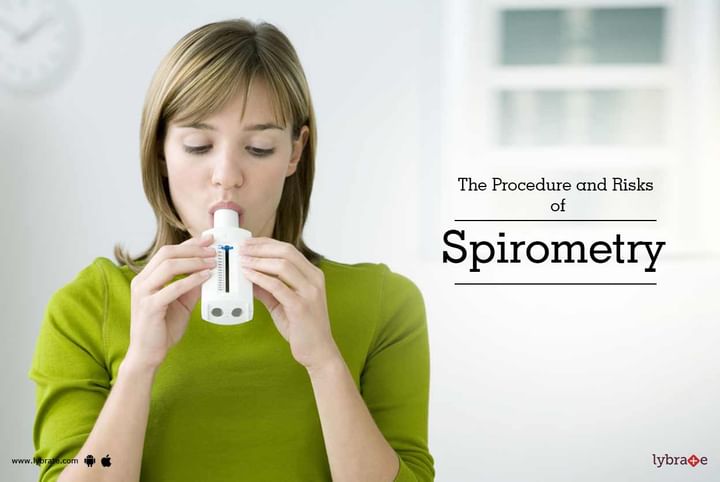The Procedure and Risks of Spirometry
Spirometry is a common medical test that is conducted in order to detect whether your lungs are working properly. This is done by detecting the amount of air you can inhale and exhale along with the time taken to complete both of these procedures. Spirometry is useful to diagnose any underlying medical condition like asthma, Chronic Obtrusive Pulmonary Disease, persistent coughing or problem during breathing. If you are receiving treatment for chronic lung disorder, spirometry is also useful to check whether or not your lungs are responding to the specific kind of treatment.
Procedure: The process of spirometry involves the use a mouthpiece and a tube adjoined with a machine which displays the recorded results. Before the onset of the procedure, which generally takes place in a hospital, you will be prescribed by the doctor to wear comfortable clothing which will not restrict your normal breathing process and will be asked to have a light meal before the procedure. The procedure will be conducted while you are sitting.
Spirometry takes an estimated amount of 15 minutes to get over with. The nurse will put a clip on your nose in order to close your nostrils. After that, you have to take a deep breath and then breathe out as hard as possible on the tube for a few seconds. You have to make sure that there's no air leakage during this procedure by putting your lips tightly over the tube. In order to arrive at a stable result, you have to conduct the test three times at least. If the results are hugely diverse, then you have to take the test again. The highest result among the three tests is usually denoted as the ultimate test result.
Risks: Spirometry is generally a low-risk inducing procedure. But in some cases, it might cause loss of breath, moments after the procedure. Also, spirometry should not be conducted if the patient has recently had a heart attack or surgery of the eye, abdomen or chest. If you are suffering from vomiting tendencies and you have regular instances of blood in your cough, you should also avoid spirometry. If you wish to discuss about any specific problem, you can consult a pulmonologist.



+1.svg)
